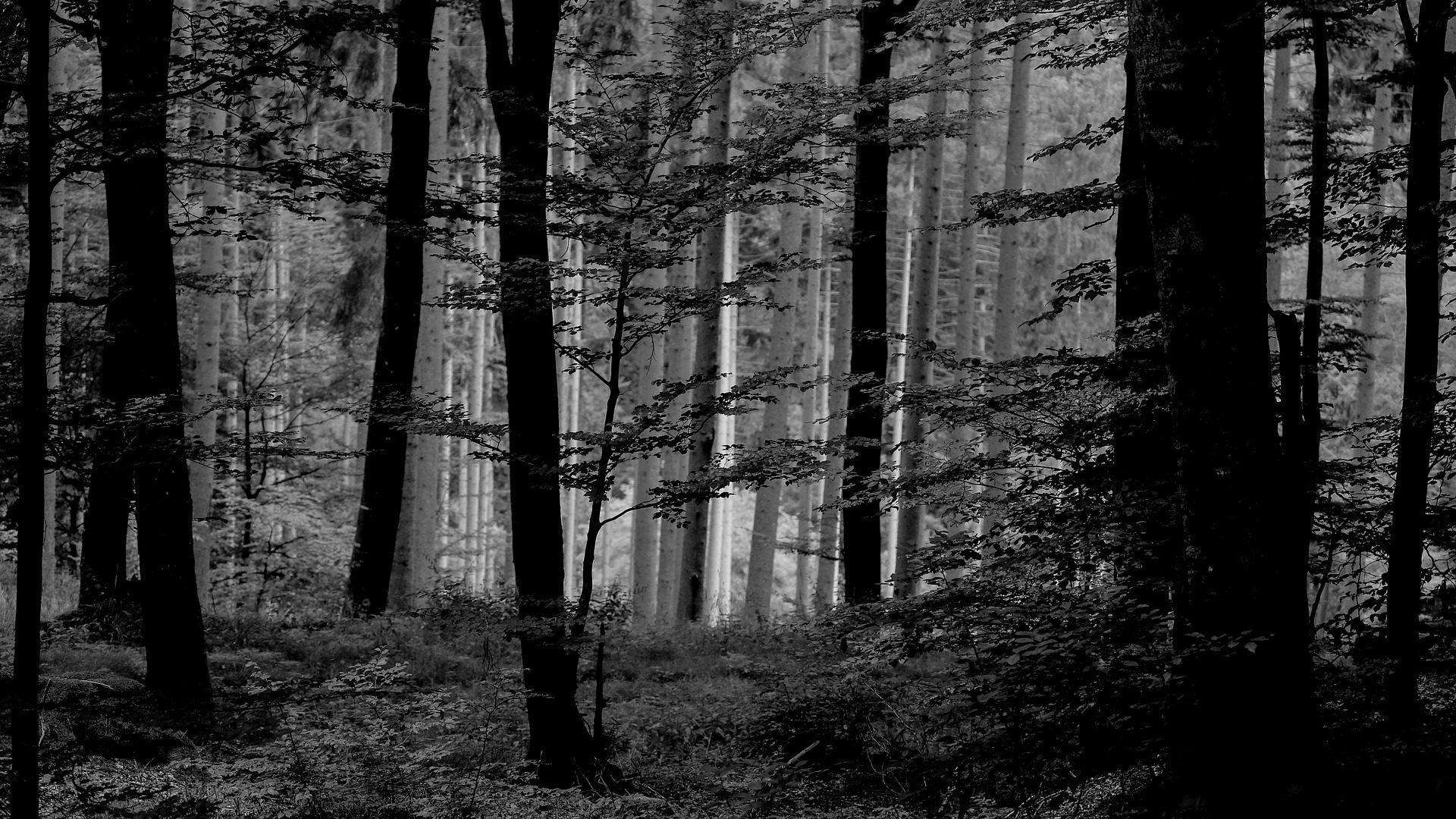Repenser l’informalité : la politique, les crises et la ville
Article complet du #76 | L’État en processus d’informalisation
Résumé
Si l’informalité a été traditionnellement comprise comme un type de formation territoriale ou de catégorie de travail, cet article propose une conceptualisation alternative concevant l’informalité et la formalité en tant que formes de pratiques. L’article examine comment différentes relations de pratiques informelles et formelles rendent possible la planification, le développement et la politique urbains. Il explore également le rapport changeant entre l’informalité et la formalité dans la durée. Pour illustrer le potentiel politique d’une conceptualisation de l’informalité et de la formalité comme pratiques, l’article souligne les répercussions d’une crise urbaine particulière : les inondations liées à la mousson, en 2005, à Mumbai. La dernière partie de l’article propose enfin trois cadres conceptuels pour identifier les relations changeantes des pratiques informelles et formelles : la spéculation, la composition et le bricolage.
Mots-clés : Crise, formalité, informalité, Mumbai, pratique, urbanisme
Abstract
If informality has been conventionally understood as a territorial formation or as a labour categorization, this paper offers an alternative conceptualization that conceives informality and formality as forms of practice. The paper examines how different relations of informal and formal practice enable urban planning, development and politics, and explores the changing relationship between informality and formality over time. To illustrate the political potential of conceiving informality and formality as practices, it highlights the fall-out from a particular urban crisis: the 2005 Mumbai monsoon floods. In the final section, the paper offers three conceptual frames for charting the changing relations of informal and formal practices: speculation, composition, and bricolage.
Article complet du #76 | L’État en processus d’informalisation

